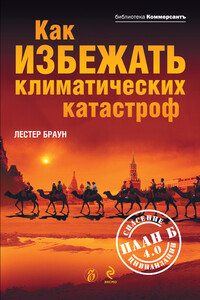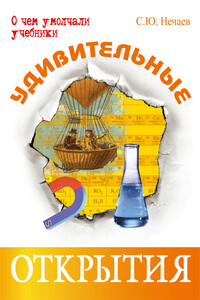Английский язык для специальных и академических целей: Международные отношения и зарубежное регионоведение. Часть 1 | страница 49
Unit I. UK: from Empire to Democracy
US:
FROM DEMOCRACY TO EMPIRE?
THE ROAD MAP FOR UNIT II
INTEGRATING CORE SKILLS
PROJECT WORK
Compiling the Reader (for details see p. p. 79-80)
Stage 1
FRF
Finding articles on the issues raised in Unit 2 to be included in the Reader
Stage 2
Fi—P
Writing an abstract of the article chosen to present for peer reviewing
| Stage 3 |
|---|
Writing a review of an article for the class to choose the best three for inclusion in the Reader
SPEAKING
DEBATE: TRADING PLACES
Holding a debate on a politically relevant topic (for details see p. 78)
TERM PRESENTATION
Making a power point presentation based on one's analysis of an issue relevant to the topic “US: From Dempcracy to Empire?” (for details see p. 70)
1. Can you explain the difference between the notions “formal empire” (the Roman model) and “informal empire” (the Athens model)? Which of them is appropriate for the modern world?
2. Is the United States, in your view, an empire? Give your reasoning.
HEIR TO THE BRITISH EMPIRE (Based on Conclusion Chapter from Empire. How Britain Made the Modern World by Niall Ferguson.
Penguin books LTD, London, 2004)
What lessons can the United States today draw from the British experience of empire? The obvious one is that the most successful economy in the world — as Britain was for the most of the eighteenth and nineteenth centuries — can do a very great deal to impose its preferred values on less technologically advanced societies. It is nothing short of astonishing that Great Britain was able to govern so much of the world without running up an especially large defence bill. To be precise, Britain's defence expenditure averaged little more than three per cent of net national product between 1870 and 1913, and it was lower for the rest of the nineteenth century. This was money well spent. In theory open international markets would have been preferable to imperialism; but in practice global free trade was not and is not naturally occurring. The British Empire enforced it.
By comparison, the United States today is vastly wealthier relative to the rest of the world than Britain ever was. In 1913 Britain's share of the world output was eight per cent; the equivalent figure for the US in 1998 was 22 per cent. Nor should anyone pretend, at least in fiscal terms, that the cost of expanding the American Empire, even if it were to mean a great many small wars like the one in Afghanistan, would be prohibitive. [...] Even after big cuts in military expenditure, the United States is still the world's only superpower, with an unrivalled financial and military-technological capability. Its defence budget is fourteen times that of China and twenty-two times that of Russia. Britain never enjoyed such a lead over her imperial rivals.


